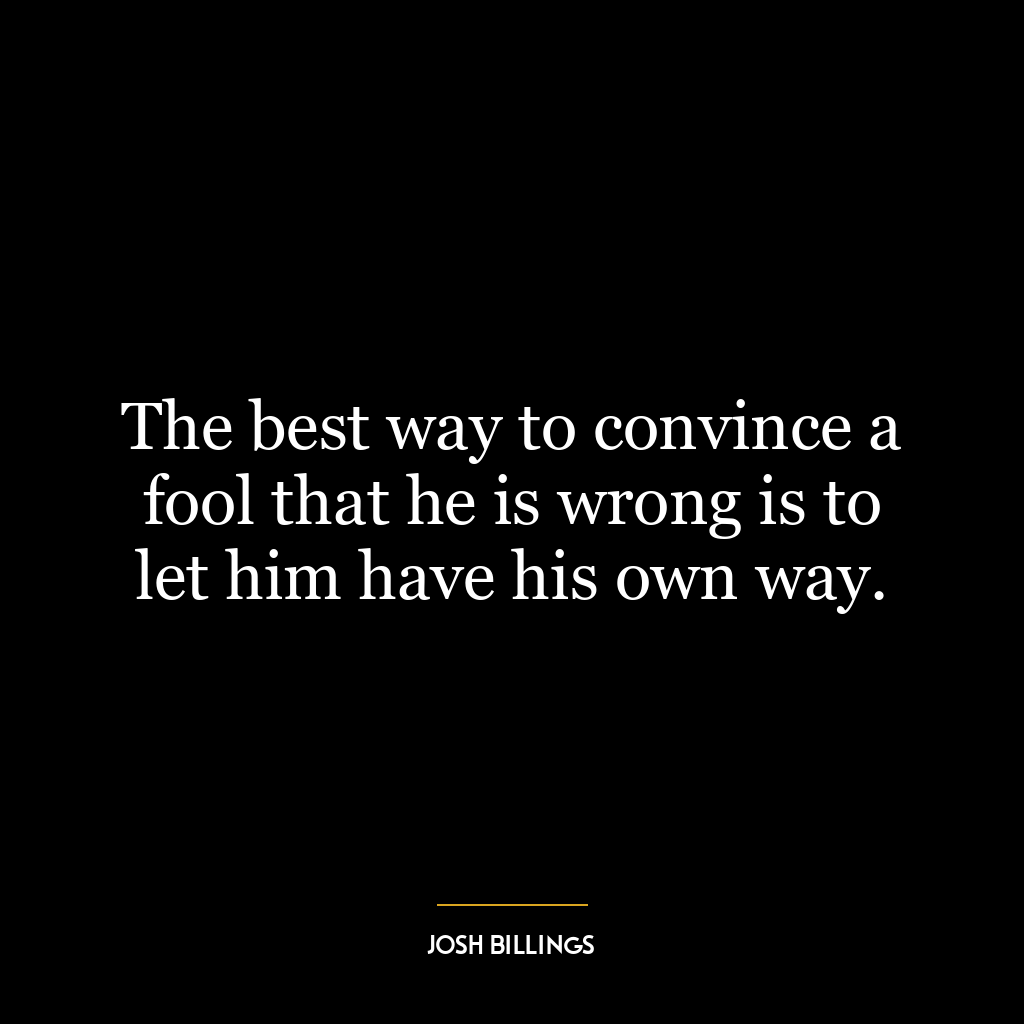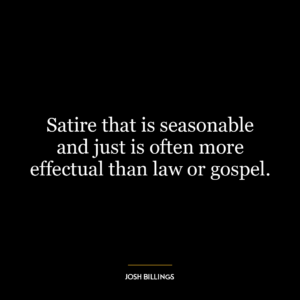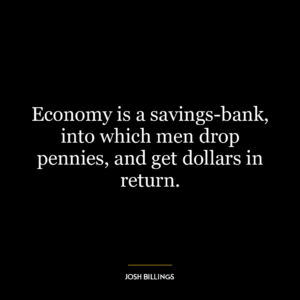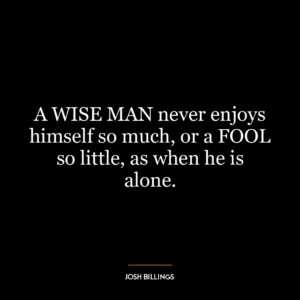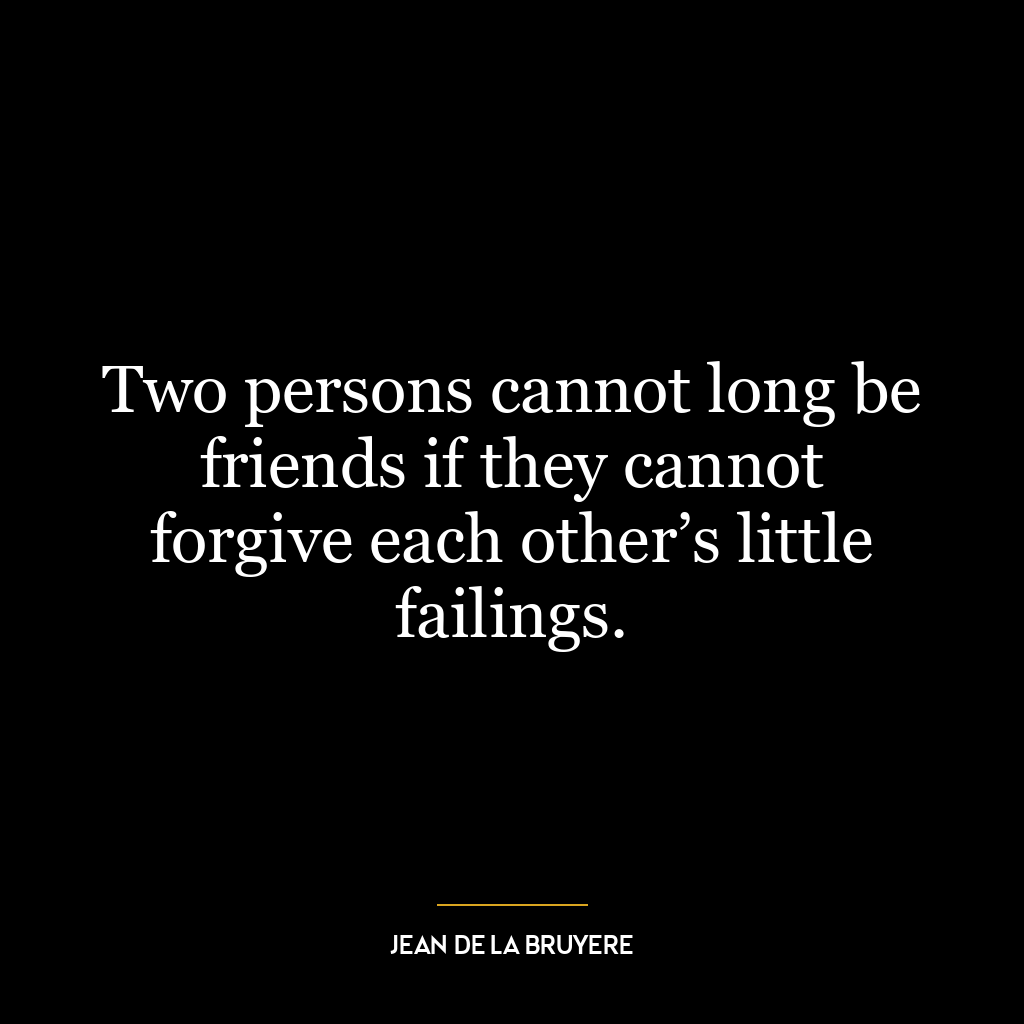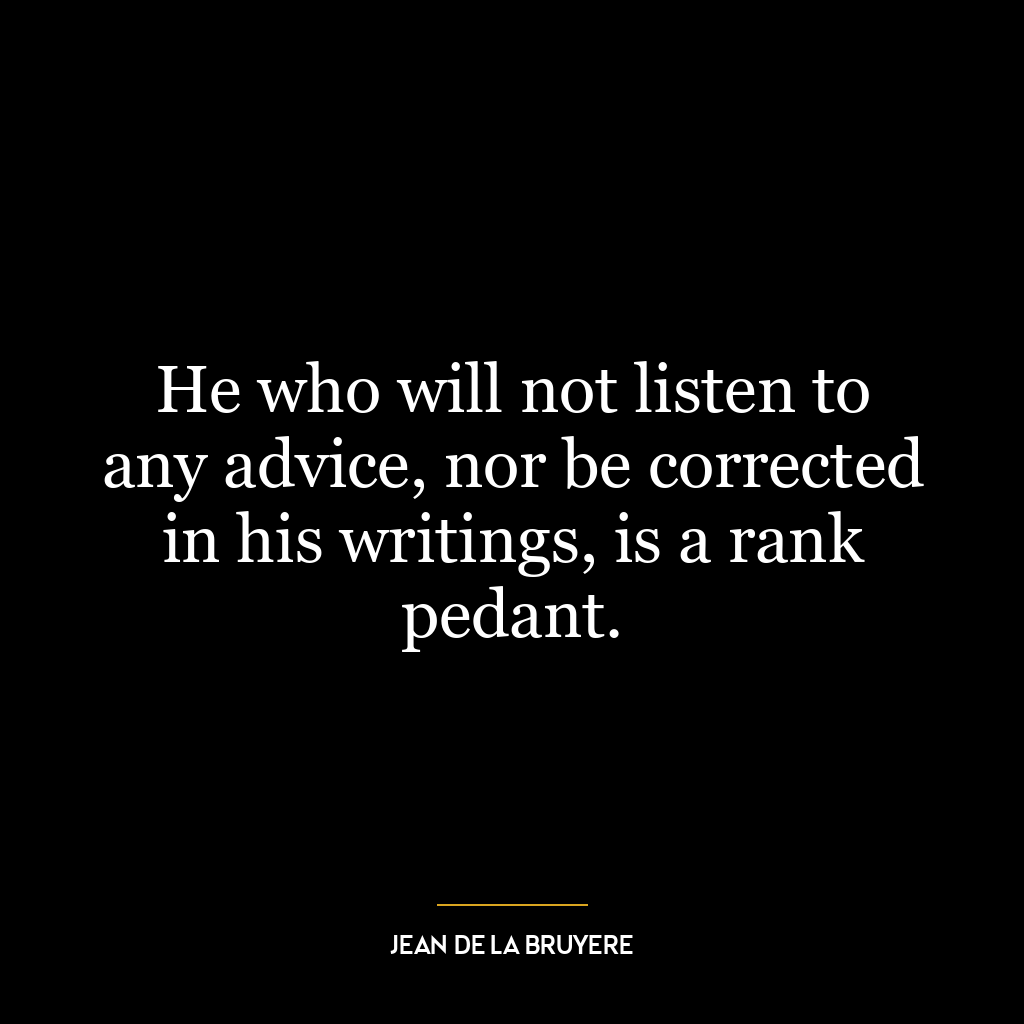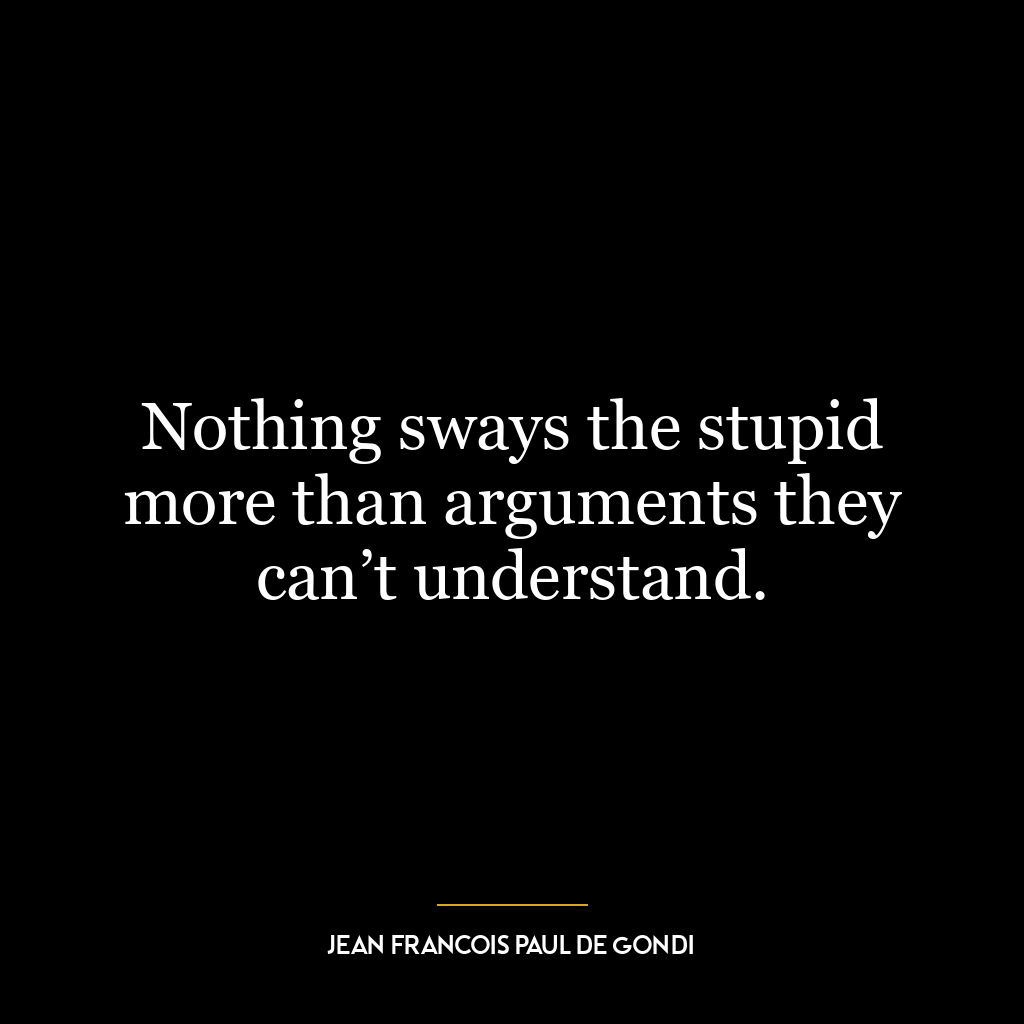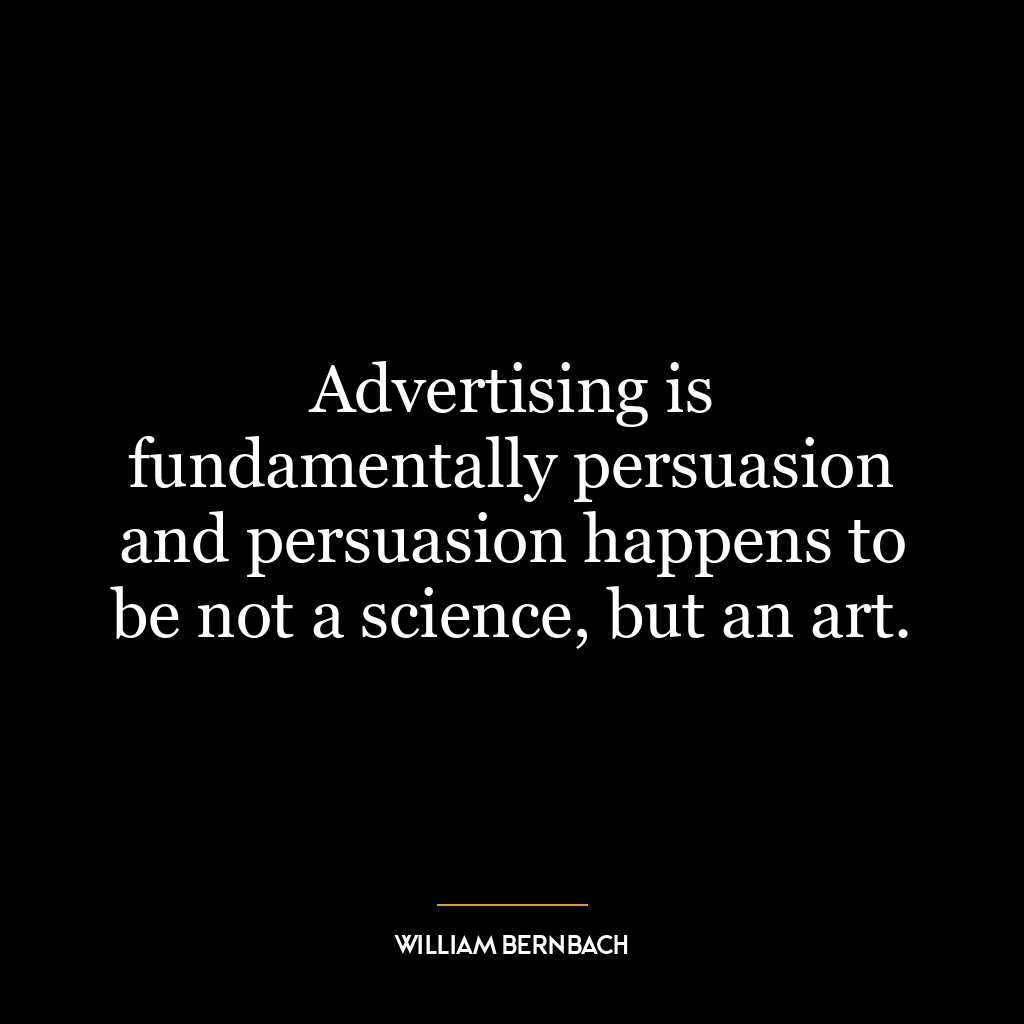This quote elucidates the concept that sometimes, the most effective way to make someone realize their folly is to let them experience the consequences of their actions firsthand. It suggests that, in certain situations, arguments, reasoning, or persuasion might not work as effectively as personal experience. This strategy can be more impactful as the individual gets to witness the repercussions of their own decisions, which may lead to a deeper understanding and acceptance of their mistake.
In the context of today’s world, this principle could be applied in various domains, including parenting, education, management, or personal relationships. For instance, parents might allow their children to face the natural consequences of their actions to help them learn life lessons. In a business setting, a manager might let an employee implement a flawed plan to let them understand its shortcomings and learn from the experience.
In personal development, this concept can be a powerful tool for growth. Individuals can become more self-aware by reflecting on the outcomes of their actions. This could lead to a better understanding of their strengths and weaknesses, and ultimately, to personal growth and improvement. However, it’s important to note that this approach should be used judiciously, as the consequences of certain decisions can be detrimental. Therefore, it’s crucial to strike a balance between allowing someone to learn from their mistakes and intervening when necessary to prevent harm.

